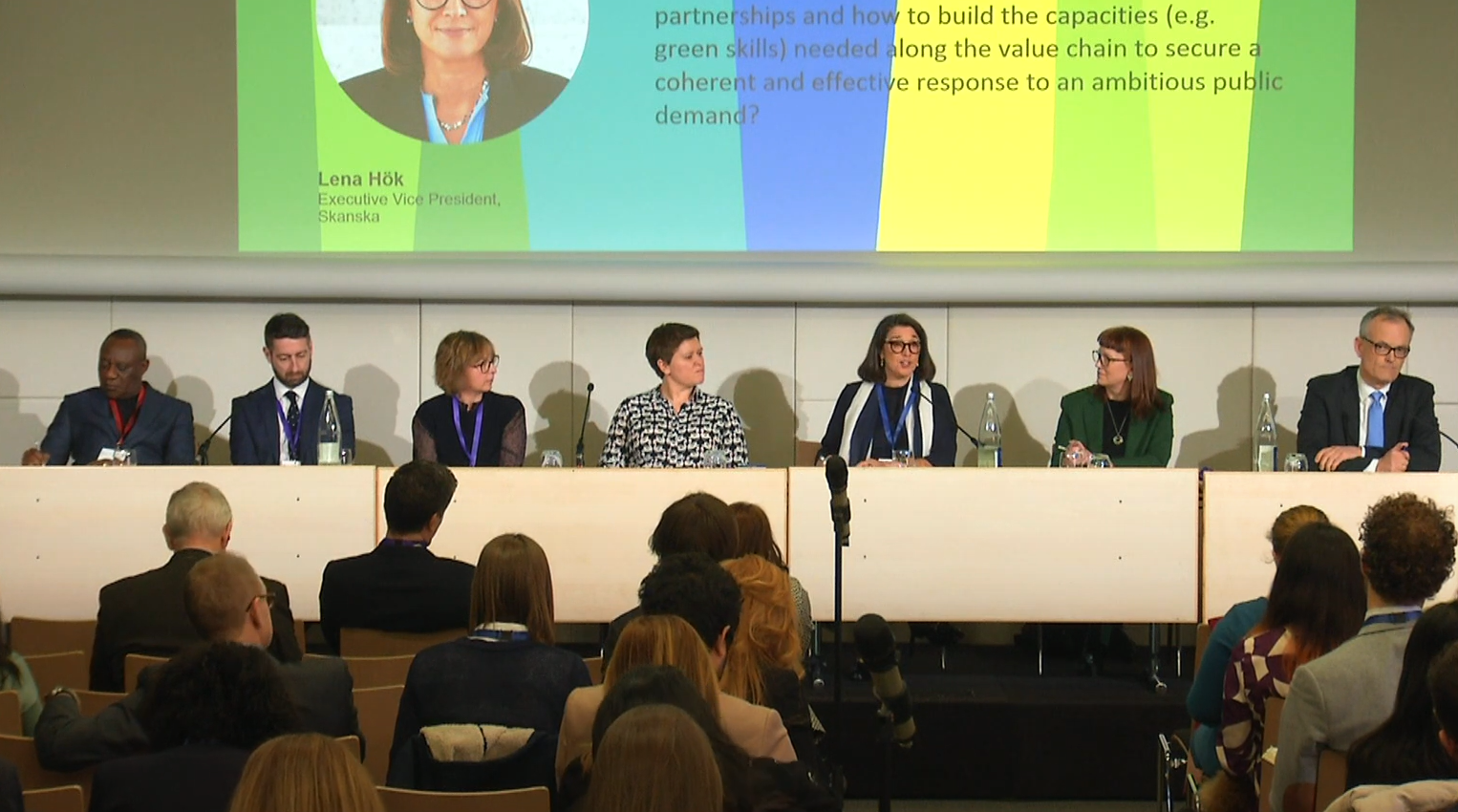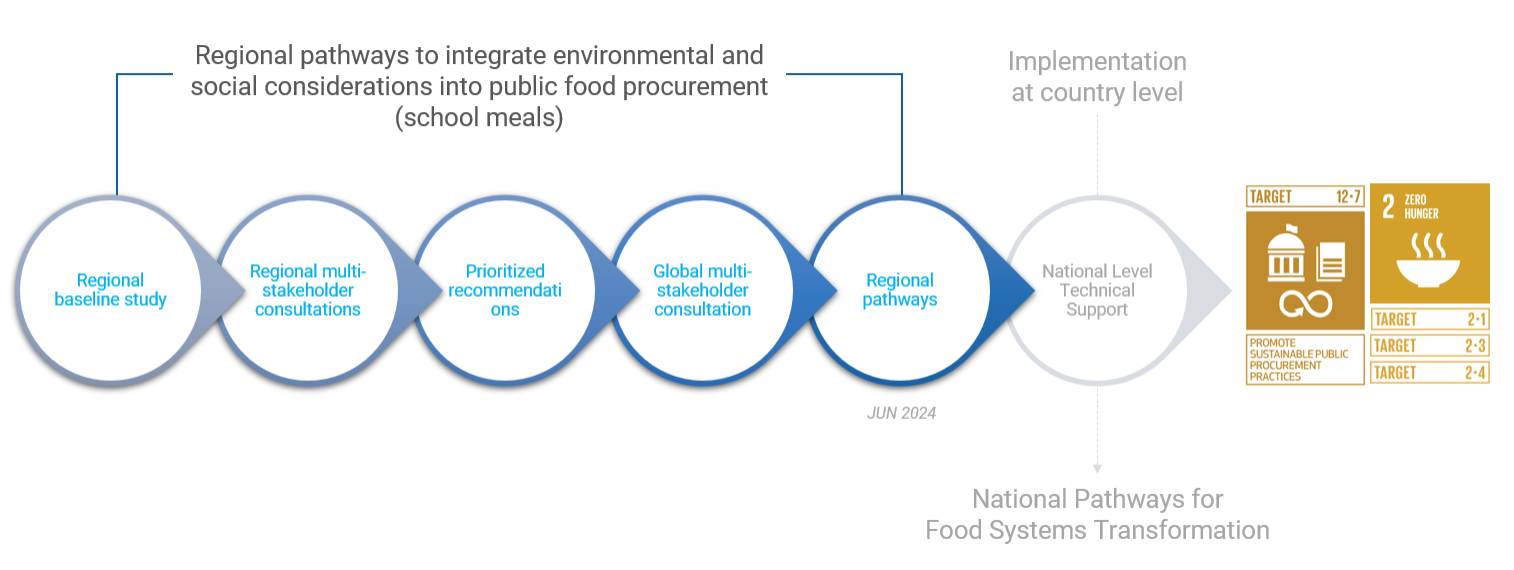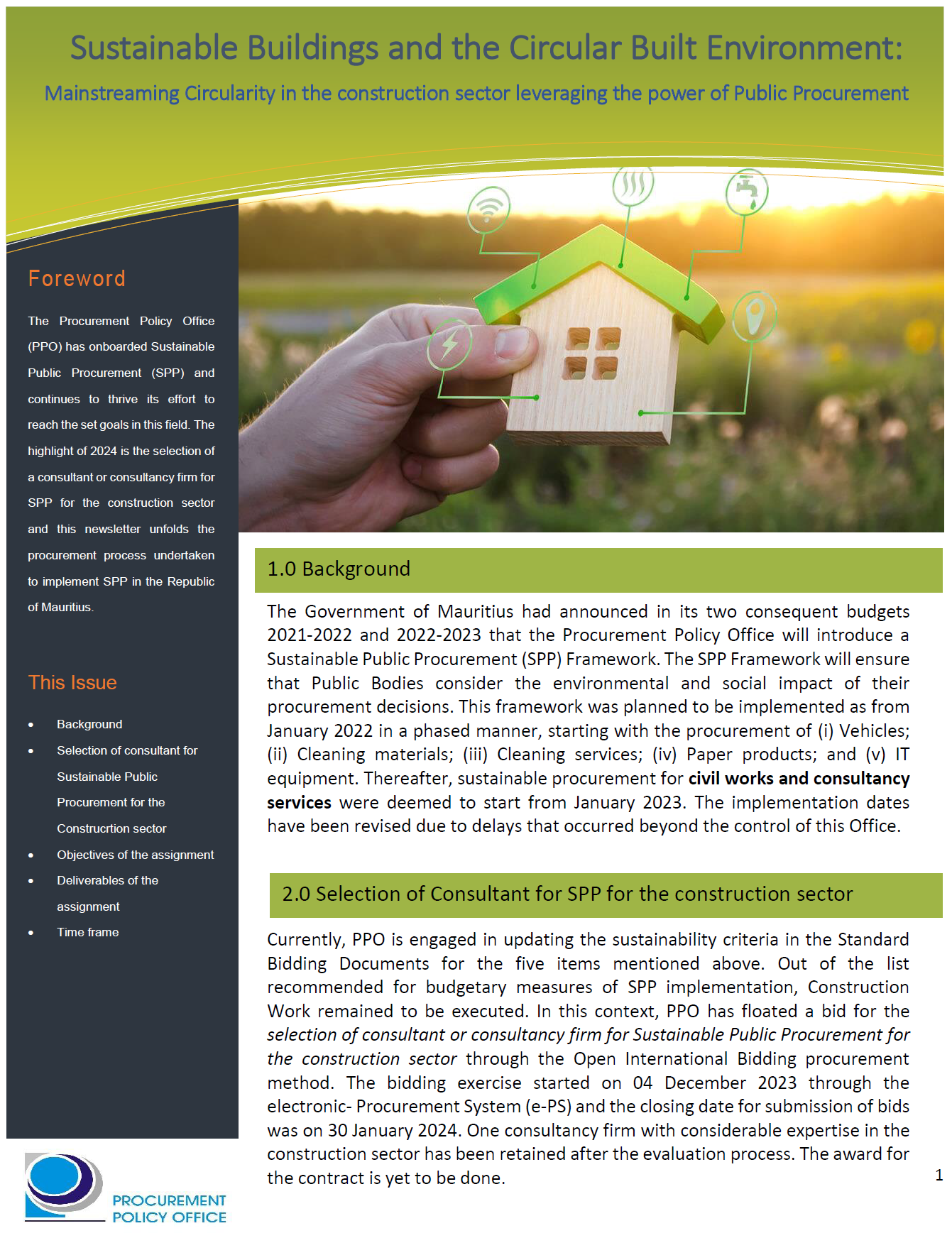Power House nearly-zero energy challenge
Bringing about change within any sector is a challenge; transforming energy use in European homes to adapt to the new energy landscape is a particularly complex one. As Member States work on new definitions and framework to promote nearly-Zero Energy Buildings, CECODHAS Housing Europe, with the ‘POWER HOUSE nearly-Zero Energy Challenge!'* initiative (http://www.powerhouseeurope.eu/) provides a structure for a pan-EU knowledge exchange between social housing practitioners to learn from each other about the practical implications and costs of ambitious energy performance codes and to inform policy makers of the outcomes of this exchange.
This initiative is also designed to guide Member States in the shaping of regulatory and financial frameworks and conditions necessary to ensure that the energy transition is inclusive as well as socially, economically and environmentally sustainable.
The POWER HOUSE Platform will help Social Housing Organisations to identify avoidable mistakes and reinvention of the wheel to get on track to meet the nearly-Zero 2015, 2018 and 2020 obligations outlined in the Energy Performance of Building Directive. Furthermore, via an on-line consumption monitoring software, progress on refurbishment rates and reduction in energy consumption and CO2 emissions and renewable energy generation will be entered by local housing organisations and made visible to the public.
The work will be carried out in 4 thematic inter-European Taskforces:
nearly-Zero energy housing experiences in Warm/Mediterranean climates;
nearly-Zero energy housing experiences in Cold/Continental climates;
nearly-Zero energy housing in regions characterised by Divided/Cooperative ownership;
financing of nearly-Zero energy housing renovation and new-build.
All partners involved in the Taskforces will use the appropriate tools they have at national level to ensure that both the needs of their members are well identified and that the solutions chosen can be duplicated among their membership. The latest implies not only active and tailored communication to members through capacity building programmes, but also making the link to policy makers and other stakeholders of the building chain.
* POWER HOUSE EUROPE is supported by the Intelligent Energy - Europe Programme (Grant Agreement n. IEE/07/779/SI2.500397)
The sole responsibility for the content of the material produce in the framework of the project lies with the authors. It does not necessarily reflect the opinion of the European Communities. The European Commission is not responsible for any use that may be made of the information contained therein. Key resources produced to date:
Energy refurbishment for sustainable Social, Public and Cooperative Housing: insights on the current market & trends towards 2020:
The report offers quantified insights into expected reductions in energy consumption in Social, Public and Cooperative Housing and recommends policy actions to accelerate progress to the desired level. Among the report's most important findings are the identification of an estimated funding gap of €180.6 billion euros between industry experts' projections of market growth, and the EU's energy efficiency targets for 2020.
--------
Exemplary Financing Models from across the European Union
This report considers where the Public, Cooperative and Social Housing sector stands in terms of financing energy efficiency in buildings and what the next steps are in moving towards the final required target. This process also includes the examination of ten different financial models currently being used by various member states, taken from a cross section of housing types and tenures, and with consideration of the benefits and limitations of each one.
---------
Fair Energy Transition towards nearly-Zero Energy Buildings
The report introduces the nearly-Zero Energy Challenge and describes the perception of the ‘fair energy transition' by the Public, Cooperative and Social Housing sector. It also addresses the issues at stake and barriers in developing nearly-Zero Energy Buildings previously identified through a need analysis carried out at European level. To conclude, the report proposes some recommendations for actions and illustrates some best policy and practice examples from all across the EU.
----------
To find out more on the outputs of each of the four thematic POWER HOUSE TaskForces, please visit the pages dedicated to them at http://www.powerhouseeurope.eu/nearly_zero_taskforces/
Ms Sorcha Edwards
Project Coordinator
E-mail: sorcha.edwards@housingeurope.eu
Phone: 32 2 541 05 61
Fax: 32 2 541 05 69
Mr Alessandro Cesale
Project Officer
E-mail: alessandro.cesale@housingeurope.eu
Phone: 32 2 541 05 66
Fax: 32 2 541 05 69
External source(s)
Image

Project start date
24/07/2014
Project end date
24/07/2014


